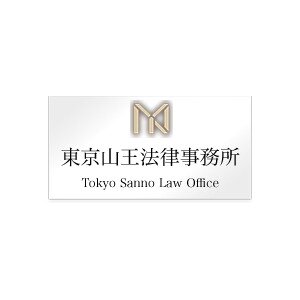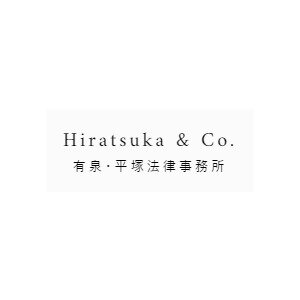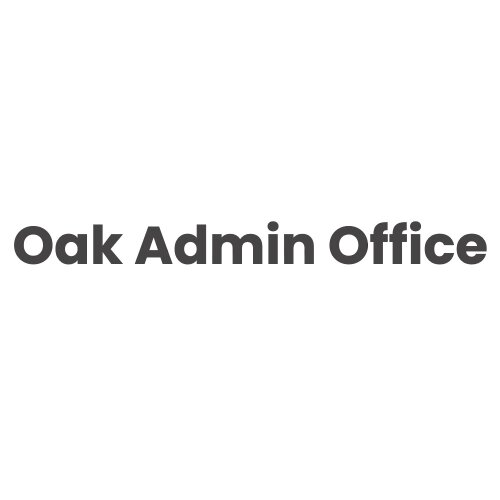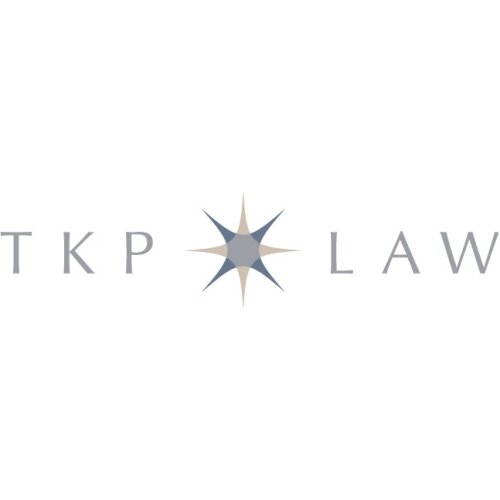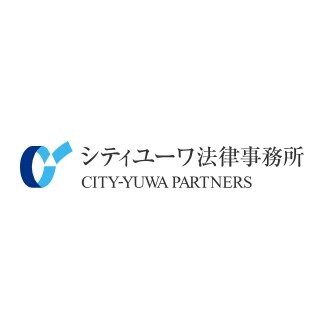Best Mining Law Lawyers in Japan
Share your needs with us, get contacted by law firms.
Free. Takes 2 min.
Or refine your search by selecting a city:
List of the best lawyers in Japan
About Mining Law in Japan
Mining Law in Japan serves as the legal framework governing exploration, extraction, and utilization of mineral resources across the country. Rooted in the Japanese Mining Act and related laws, this area of law stipulates the processes, requirements, and restrictions for both domestic and foreign entities wishing to conduct mining activities. The purpose is to balance economic development and the responsible management of natural resources while protecting public interests and the environment. Various licenses, environmental standards, and compliance protocols are enforced to ensure that mining activities are both lawful and sustainable.
Why You May Need a Lawyer
Navigating Mining Law in Japan can be complex due to strict regulations and overlapping jurisdictional rules. Common situations where legal assistance is crucial include:
- Applying for prospecting or mining rights and understanding eligibility criteria
- Negotiating land access or resolving disputes over land ownership or usage
- Ensuring compliance with environmental regulations and local government ordinances
- Drafting and reviewing contracts with joint venture partners or service providers
- Managing foreign investment regulations and cross-border transactions
- Responding to administrative actions or penalties from regulatory bodies
- Advising on taxation issues related to mining operations
- Resolving conflicts with communities or other stakeholders affected by mining activities
Expert legal guidance can help avoid costly mistakes, ensure compliance, and protect your interests throughout any stage of a mining project in Japan.
Local Laws Overview
Japan’s Mining Law is primarily governed by the Mining Act and its accompanying regulations. Some key aspects include:
- Licensing System: To explore or exploit mineral resources, parties must obtain a prospecting license or mining right from the Ministry of Economy, Trade and Industry (METI). The licensing process is detailed and may take significant time to complete.
- Restricted Areas: Certain regions such as national parks or areas near critical infrastructure may be off-limits for mining or require special permissions.
- Environmental Protections: Mining operations are subject to the Basic Environmental Law and local environmental ordinances. Environmental Impact Assessments (EIA) are often required before commencing projects.
- Land Rights: Mining rights do not automatically grant access to land. Owners’ consent or appropriate negotiation is often necessary, leading to complex land use and compensation discussions.
- Foreign Investment: Foreign entities may need to obtain approval under the Foreign Exchange and Foreign Trade Act when engaging in certain mining activities.
- Safety Regulations: The Mine Safety Law and related regulations govern worker safety, emergency preparedness, and incident reporting.
- Resource Ownership: Minerals are not automatically owned by the landowner but are regulated by the state.
Staying informed about these and other local laws is essential for any mining operation in Japan.
Frequently Asked Questions
What permissions are needed to explore or mine minerals in Japan?
You must apply for either a prospecting license or a mining right with the Ministry of Economy, Trade and Industry (METI). Additional permits may be required depending on the location and scale of the project.
Can foreign companies participate in mining activities in Japan?
Yes, foreign companies can engage in mining, but may face extra requirements, such as obtaining approval under the Foreign Exchange and Foreign Trade Act. Legal advice is recommended to navigate these complexities.
What minerals are regulated under Japanese Mining Law?
The law covers a wide range of minerals including coal, precious metals, rare earth elements, and other industrial minerals specified by the government.
Are there environmental regulations for mining in Japan?
Yes, mining projects are subject to the Basic Environmental Law and may require Environmental Impact Assessments depending on the potential impact and scale of operations.
Do mining rights also grant land ownership or access?
No, holding mining rights does not automatically grant the right to access or use land. Landowner consent and proper negotiation are usually required.
How long does it take to get a mining license in Japan?
The process varies but can take several months to over a year due to thorough application reviews and environmental assessments.
How is mine safety regulated?
The Mine Safety Law and related regulations set strict safety and reporting requirements for all mining operations to ensure worker and environmental safety.
What happens if a mining project harms the environment?
Violations of environmental regulations can lead to administrative penalties, suspension of activities, and significant liability for damages. Companies must have preventive measures and compliance programs in place.
Are there taxes specific to mining operations in Japan?
Yes, mining operations are subject to corporate taxes, mining-related royalties, and sometimes local taxes. A tax specialist should be consulted for detailed advice.
Who should I contact if there is a dispute over mining rights or land use?
Start by consulting a lawyer specializing in mining or natural resources law. Government agencies like METI may also offer guidance or dispute resolution mechanisms.
Additional Resources
If you need further assistance or want to learn more about Mining Law in Japan, consider reaching out to the following resources:
- Ministry of Economy, Trade and Industry (METI) - Mining Division
- Japan Oil, Gas and Metals National Corporation (JOGMEC)
- Local Prefectural Governments’ environmental and natural resources departments
- Japanese Bar Association or local bar associations
- Japan Mining Industry Association
- Environmental NGOs active in mining regions
These organizations can provide information, guidance, and potential contacts for professional legal advice in mining matters.
Next Steps
If you are considering or involved in mining activities in Japan and require legal guidance, follow these practical steps:
- Identify your specific legal needs relating to exploration, extraction, partnerships, or compliance.
- Gather all relevant documents such as maps, contracts, and contact details of stakeholders or landowners.
- Consult a lawyer or legal firm that specializes in mining, natural resources, or administrative law in Japan.
- Check with government agencies for up-to-date application procedures and requirements.
- Stay informed about industry developments and policy changes that may affect your interests.
- Maintain clear and comprehensive records of your communications and applications throughout the process.
By seeking timely legal advice and staying proactive, you can ensure that your mining activities in Japan remain lawful, efficient, and aligned with best practices.
Lawzana helps you find the best lawyers and law firms in Japan through a curated and pre-screened list of qualified legal professionals. Our platform offers rankings and detailed profiles of attorneys and law firms, allowing you to compare based on practice areas, including Mining Law, experience, and client feedback.
Each profile includes a description of the firm's areas of practice, client reviews, team members and partners, year of establishment, spoken languages, office locations, contact information, social media presence, and any published articles or resources. Most firms on our platform speak English and are experienced in both local and international legal matters.
Get a quote from top-rated law firms in Japan — quickly, securely, and without unnecessary hassle.
Disclaimer:
The information provided on this page is for general informational purposes only and does not constitute legal advice. While we strive to ensure the accuracy and relevance of the content, legal information may change over time, and interpretations of the law can vary. You should always consult with a qualified legal professional for advice specific to your situation.
We disclaim all liability for actions taken or not taken based on the content of this page. If you believe any information is incorrect or outdated, please contact us, and we will review and update it where appropriate.
Browse mining law law firms by city in Japan
Refine your search by selecting a city.



